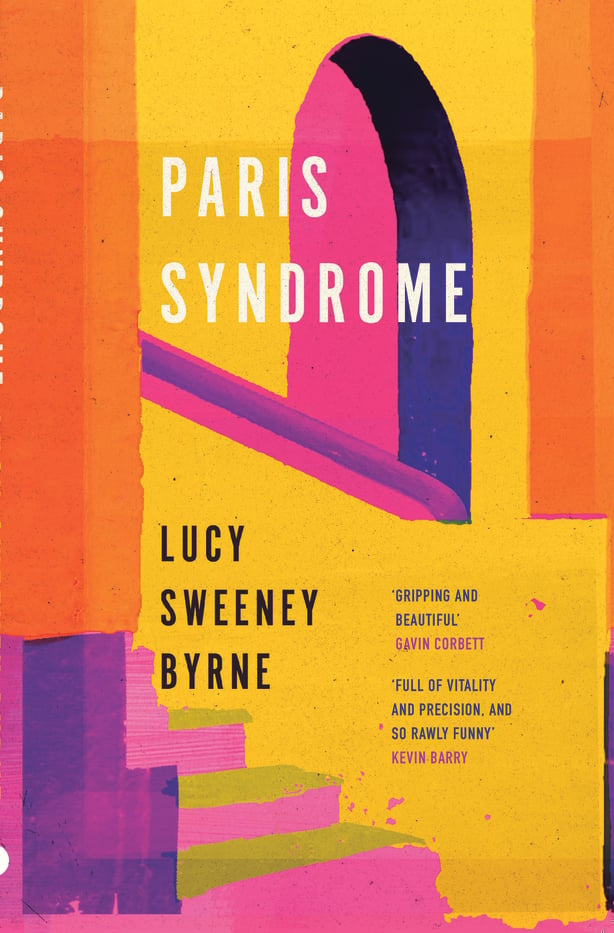Self-aware yet unapologetic, Paris Syndrome captures the highs and lows a young woman experiences while trying to find her feet in the world.
Lucy Sweeney Byrne debuts her extensive writing talents in the form of eleven short stories, each as exotic and isolating as the next. Her stories demonstrate the internal struggles that the protagonists are faced with - readers are brought on a journey, travelling through time and across the world, experiencing every heartbreak and health scare along with her, or very possibly they - the stories are told from both the first person and third person perspectives..
She works for an eccentric employer on a boat docked in icy Brooklyn and there is a spell of house sitting during a drug-fuelled lull in Donegal, one of her characters travels to New York to embark on an unwanted relationship with an older man. In each instance, the author examines every nook and cranny of the human mind and brings forth the inner demons that most of us do not want to face.
With each anecdote depicting different cultures, expectations and experiences, Sweeney Byrne manages to capture the optimism of someone with the world at their fingertips, yet wary about the vastness before her.
Some of the stories can be slightly testing - the ninth story, My Life as a Girl lost my interest. The lack of plot and character development led your reviewer to skim while catching the drift of what the author was trying to portray. Other stories were much more impressive. Zeno's Paradox, the sixth story in this collection, was one that jolted me. However, with no background given, and characters that did not correspond with the other stories, it was one that could have done with a deeper context.
And We Continue to Live was perfect, it captured a moment in the character's life that could have been profound, yet was meaningless to her. She had travelled to Chernobyl for no reason other than a hope of feeling something.

Although this book contains a multitude of stories, it is easy for readers to lose themselves in what they might assume is a continuous narrative arc. The characters in each case are similar, a woman, young, a writer (if not a wannabe writer), and extremely lost. However, although the character seems the same throughout, the outcome differs. Each account, however, does not necessarily concern the same woman, the use of first and third person narrative changes and it becomes harder to separate the stories from one another.
As a young woman trying to find her feet in the world, I found the yearning for escape and the fear of what awaits to be incredibly 'relatable'. Her use of syntax helps teleport the reader into the protagonist’s mind, into her surroundings. The exhilaration that should come with the endless opportunities that are awaiting the protagonist vastly contrasts with the isolation she is experiencing, resulting in eleven beautifully-written short stories.
The change in narrative viewpoint was the only issue I had - for all intents and purposes, the character is the same person throughout, her hopes, dreams and needs are all the same and her traits don’t change. There are a few slight details that indicate that she intends different protagonists. What can be said is that regardless of who is speaking or being spoken about, the theme of loneliness haunts this masterful collection.







